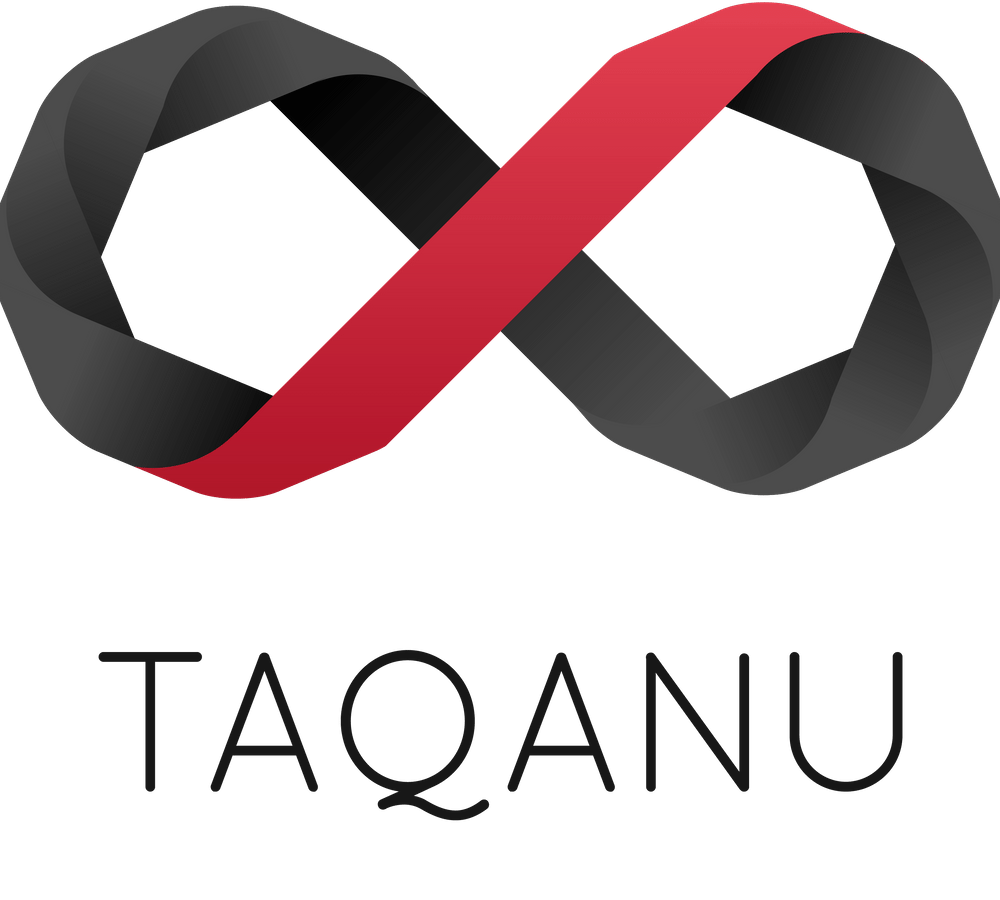Taqanu, a Hungarian-based movement is developing a blockchain platform to enable refugees to construct their lives by storing records of their past. This is aimed to enable them to resume their lives in the country where they are seeking asylum.
A Humanitarian Blockchain
The Blockchain was started by a Hungarian philanthropist in response to the country’s anti-immigration laws under the leadership of Victor Orban. With no refugees to assist in settling in Hungary or the surrounding Eastern European nations, the movement decided to create a blockchain that will be accessible on a global scale where various nations’ refugee resettlement directors can access the data of each refugee to speed up the process of granting asylum and possible citizenship.
 It is a proven fact that as refugees flee their countries, many of them end up losing their credentials such as educational certificates, technical accreditations and sometimes their real identification cards. These inconveniences make it hard for asylum authorities in the recipient nations to determine who these people are and how to help them. Some have ended up accepting unverified people that have not only carried out terrorist attacks on the citizens but have been used to drive a false narrative by right-wing politicians to dismiss the process. Most refugees are only seeking a better life or fleeing from possible murder and annihilation from ruthless governments like that of Syria and they deserve dignity on the virtue of being human.
It is a proven fact that as refugees flee their countries, many of them end up losing their credentials such as educational certificates, technical accreditations and sometimes their real identification cards. These inconveniences make it hard for asylum authorities in the recipient nations to determine who these people are and how to help them. Some have ended up accepting unverified people that have not only carried out terrorist attacks on the citizens but have been used to drive a false narrative by right-wing politicians to dismiss the process. Most refugees are only seeking a better life or fleeing from possible murder and annihilation from ruthless governments like that of Syria and they deserve dignity on the virtue of being human.
Safeguarding Refugees From Losing Identity
The Taqanu blockchain will store all credentials of each refugees. The blocks will be underpinned by their receiving countries to fast-track their integration not only in the society but the existing local economies which are, in most cases, ready to accommodate new talent.
For instance, a doctor from Syria can upload the relevant documents on the blockchain. The German interior ministry can then access the documents of the asylum seeker. Determine the authenticity of the documents. See the region that the asylum seeker fled and then give him either full citizenship or a temporary work permit.
The Taqanu blockchain will be decentralized, this will ensure that the records for refugees are trusted by the host community since they cannot be altered. Hence, the processes of refugee resettlement could gain the long-lost credibility among the host population and could even have the potential to quell the growing nationalism sentiments that have threatened humanitarian efforts.
The smart contracts feature will encompass a consensus protocol that will guide how the refugees store their credentials in the network. It will be the basis of ensuring that the asylum seekers adhere to the rules of honesty so as not to jeopardize their chances of seeking to start their lives elsewhere.
The Taqanu Blockchain Will Give Refugees Back Their Dignity
The immediate benefit that the Taqanu blockchain will give the refugees is that they will be able to resume their lives in their new countries of residence. This will save them from suffering due to loss of homes, identity, livelihood and competencies which may have taken lifetimes to build.







